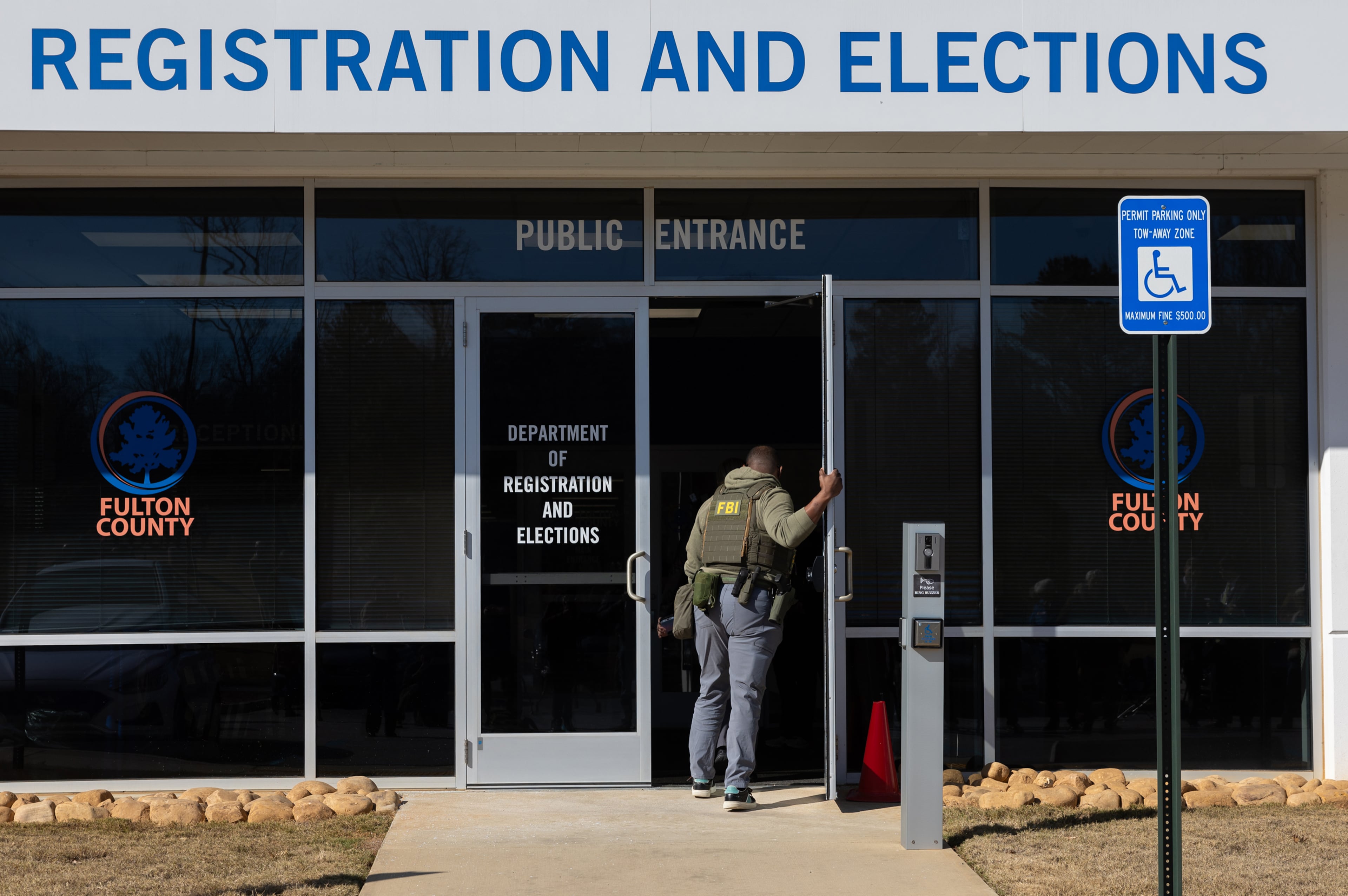Appointments with ICE are leading to deportations amid Trump crackdown

Jose Hernandez wrote a letter to federal immigration authorities in February, pleading to stay with his family in Marietta.
A Mexican national who entered the country without authorization more than two decades ago, Hernandez feared he would be detained and deported when he showed up for his check-in with U.S. Immigration and Customs Enforcement the following month.
For years, Hernandez had been showing up for routine meetings with ICE in downtown Atlanta, something he was ordered to do after his 2013 conviction for driving without a license. Then it happened. ICE took him into custody at his check-in on March 9 and is now preparing to deport him to Mexico.
In January, President Donald Trump issued an executive order broadly expanding the pool of people prioritized for deportation. The Republican's get-tough approach drew widespread scrutiny a month later when deportation officers spread out across the nation and rounded up hundreds of unauthorized immigrants. But ICE has been employing another tactic that has drawn far less attention: Waiting for their targets to come to them.
“My whole family will suffer significantly and tremendous hardship if I were to get deported,” Hernandez wrote ICE before he was detained last month. “The fear and worriedness I see in them is very stressful and heartbreaking.”


